How do Universities and companies deal with Data Literacy? To find an answer to this question, the Consortium of Dedalus managed a research coordinated by the University of Southampton. Please find below the executive summary, and the downloadable versione of the report (PDF) at the end of the page.
Executive Summary
According to the DEDALUS project, “Data literacy is the ability to read, write, critically assess, and communicate data in context, including an understanding of data sources and constructs, analytical methods and techniques applied — and the ability to describe the use case, application, resulting value, and its implications.”
In this report, through desk research we review how data literacy modules and programmes are currently delivered in higher education (HE). We then interview 16 senior employees in small and medium enterprises (SMEs) across Europe to discover the importance of data literacy in their organisations, and their views on how well employees are equipped for the data demands of the contemporary workplace.
We distinguish between four types of broad data literacies. Basic digital skills are often learnt in school/first job, and basic data literacy is often accumulated via job experience. Advanced data skills are often learnt through HE and job experience but advanced data literacy skills are more complex to acquire, however, this could be addressed in Higher Education or via on the job training (continuing professional development).
Ultimately, we identify three key actionable insights for data literacy programmes in HE to support SMEs in being able to access a suitably data literate workforce
- Ensure the provision of the full spectrum of data literacy, and not just data skills;
- Build on generic computer science modules with bespoke, relevant elements for specific fields and professions, to help graduates develop the ability to extract value from data insights and application earlier in their careers;
- Develop ways to evidence and certify the knowledge and insight aspects of data literacy, in order that employers are more able to identify and recruit for these skills.
